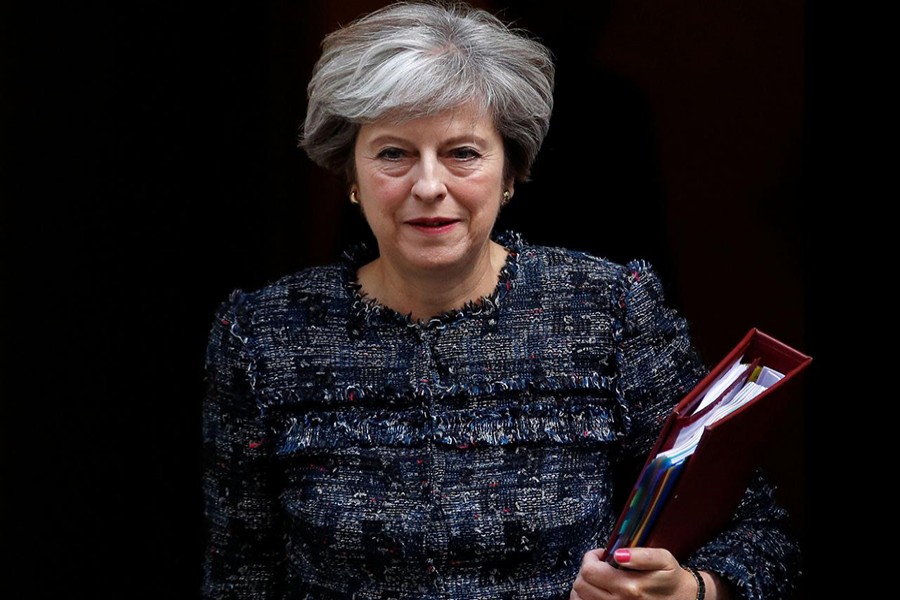Theresa May will officially step down as the leader of the Conservative Party on Friday, but will remain as prime minister until her successor is chosen.
Mrs May announced her resignation two weeks ago, saying it was a matter of deep regret that she had been unable to deliver Brexit.
Eleven Conservative MPs are vying to replace her as party leader and ultimately, prime minister.
Nominations open from 10:00 BST on Monday and close at 17:00 BST the same day.
Mrs May remains acting leader while the contest takes place.
The UK was originally meant to leave the European Union on 29 March. That was then pushed back to 12 April and eventually 31 October after Mrs May failed to get MPs to approve her deal.
She announced her resignation, saying she had done everything she could to try to persuade MPs to support the withdrawal deal which she had negotiated with the European Union but it was now time for a new prime minister to try to deliver Brexit.
Leadership candidates need eight MPs to back them. MPs will then vote for their preferred candidates in a series of secret ballots held on 13, 18, 19, and 20 June.
Charles Walker of the Conservative backbench 1922 committee, which sets the rules, said on Thursday: "We are aiming to have two people by Thursday 20 June."
The final two will be put to a vote of members of the wider Conservative Party, with a winner expected to be announced in the week of 22 July.
While the contest does not officially start until Mrs May steps down, candidates have already been jostling for position.
How the next prime minister gets a Brexit deal through Parliament and whether they would countenance a no-deal exit has been the dominant question of the campaign so far.
Dominic Raab's suggestion at a hustings on Wednesday that he would be prepared to shut down Parliament - the process known as prorogation - to ensure the UK leaves the EU on 31 October has been criticised by his rivals. And Commons Speaker John Bercow said on Thursday it was "simply not going to happen".
Conservative leadership contender Michael Gove has said the UK must not be bound by a "fixed" date if it needs slightly more time to get a deal.
Others, such as Mr Raab and Boris Johnson, insist the UK must leave on 31 October, whether it has approved a deal with Brussels or not.
Former trade minister Lord Digby Jones has called on Mrs May's successor to provide more "stability" for UK businesses over Brexit.
He told the BBC's Wake Up to Money programme that they should ensure the UK leaves the EU on 31 October "preferably with a deal - but without a deal rather than not coming out".


